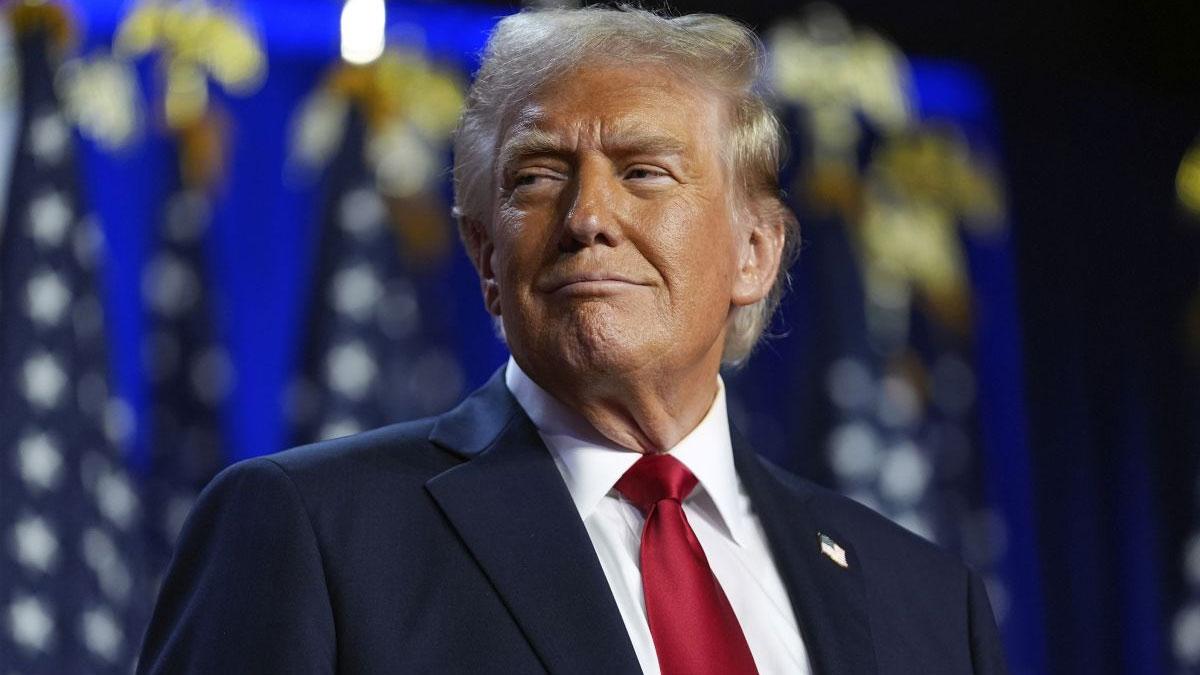The US House Budget Committee late Sunday night voted to move ahead with President Donald Trump's "One Big Beautiful Bill Act," a step that would drastically raise the cost of remitting money back home for thousands of Indian citizens and non-resident Indians (NRIs) residing in the United States.
The bill suggests a 5 percent tax on all foreign money remittances sent by non-US individuals, including non-immigrant visa holders like those holding H-1B visas and green card holders. Once passed, the law would deduct 5 percent of the amount sent at the time of remittance.
Notably, there is no exemption limit, so even small remittances would be taxed.
But it does provide that the 5 percent levy shall not be levied on remittances made by a "verified US sender," which includes US citizens and nationals.
This new legislation could have significant financial implications for close to 4.5 million Indians who live in the US, including approximately 3.2 million individuals of Indian origin.
The RBI released a remittance survey in March in which it estimated that of the $118.7 billion sent overseas in 2023-24, about 28 percent or $32 billion came from the United States. Based on this, the Indian diaspora may have to pay a remittance tax amounting to about $1.6 billion (5 percent of $32 billion) if the bill gets enacted.
The tax would not only extend to personal transfers of money but also to investment income or stock option proceeds—means frequently utilized by NRIs for supporting families or investing back in the home nation.
Funding for Mass Deportation Operation
The bill affects immigrants outside remittance taxes. It appropriates $46.5 billion to resume work on Trump's border wall on the US-Mexico border and spends money on immigration enforcement activities as well. This includes $4 billion to hire 3,000 new Border Patrol officers, 5,000 new customs agents, and $2.1 billion for signing and retention bonuses. There is also money for 10,000 more Immigration and Customs Enforcement (ICE) officers and investigators.
In addition, the bill brings about substantial changes in immigration policy, such as charging an asylum-seeking migrant a $1,000 fee—a historic action in the US, bringing it in line with nations like Australia and Iran.
The overall objective set forth in the bill is to deport 1 million immigrants per year and detain 100,000 in detention facilities.
A group of hardliners in the Budget Committee voted earlier during the week to hold back the bill from moving ahead, defying Trump and Republican leadership. Nevertheless, Sunday's vote approved the bill narrowly with a 17-16 vote, bringing it closer to being potentially voted on in the floor.


















